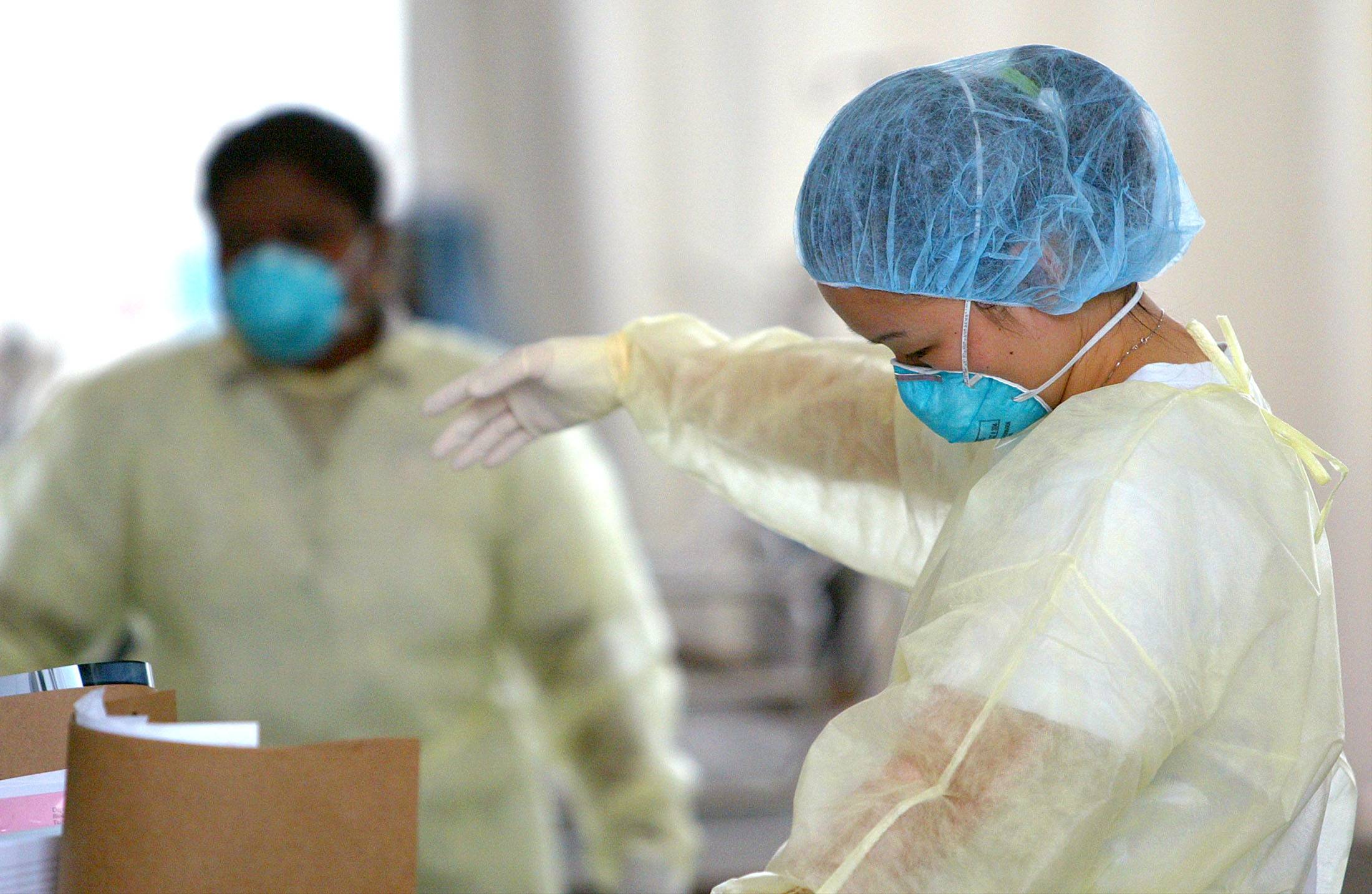In the annals of 21st century capitalism, COVID-19 will go down as a pressure cooker. The pandemic has put enormous strains on livelihoods, individual well-being, health care systems, the viability of firms and the stability of public finances. But a byproduct of this stress is that when it’s finally behind us, we might decompress a little — and choose to be less devoted to the notion of peak efficiency.
We aren’t there yet, but a greater tolerance of intentional slack is being built into everything from how Toyota Motor manages its inventory and Amazon.com organizes its deliveries to how Singapore puts a price on nursing talent.
As the former Morgan Stanley strategist Gerard Minack noted last year, our pre-pandemic world was primed to maximize financial returns on the assumption that nothing would go wrong. But everything went topsy-turvy when the coronavirus entered offices, factories, subways, malls, airports and schools, the hubs and spokes of modern production, distribution and consumption.


















With your current subscription plan you can comment on stories. However, before writing your first comment, please create a display name in the Profile section of your subscriber account page.